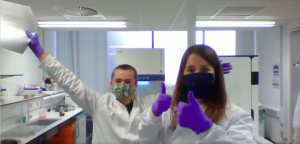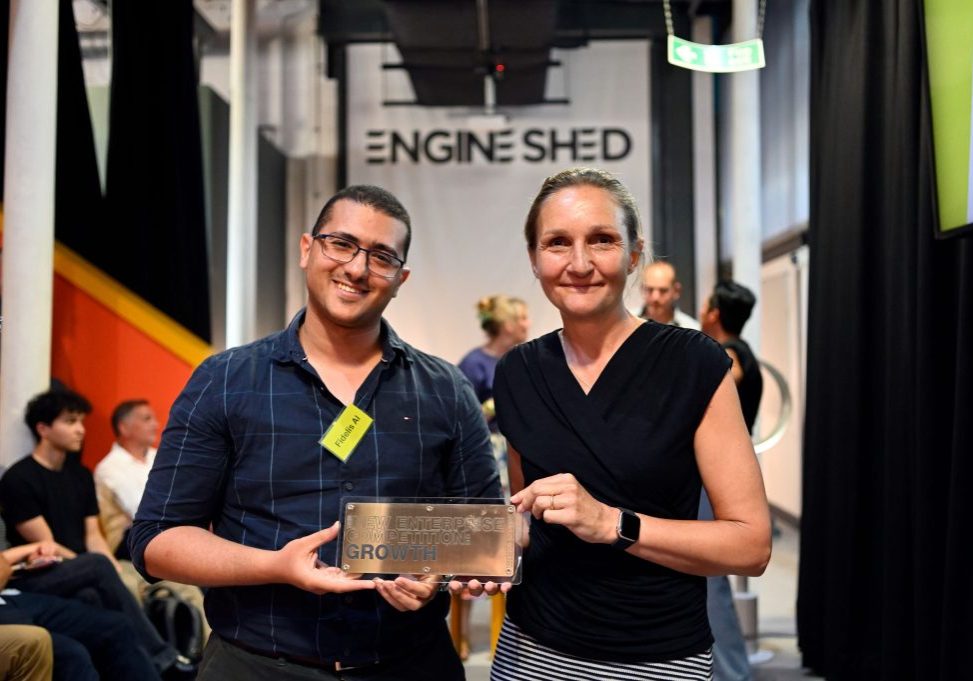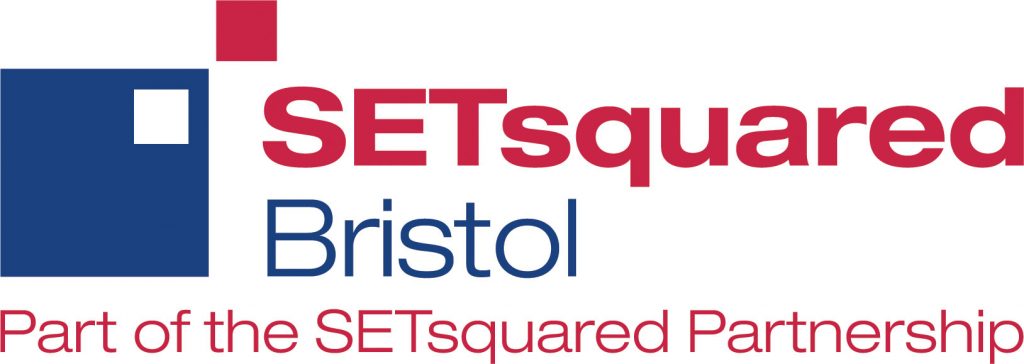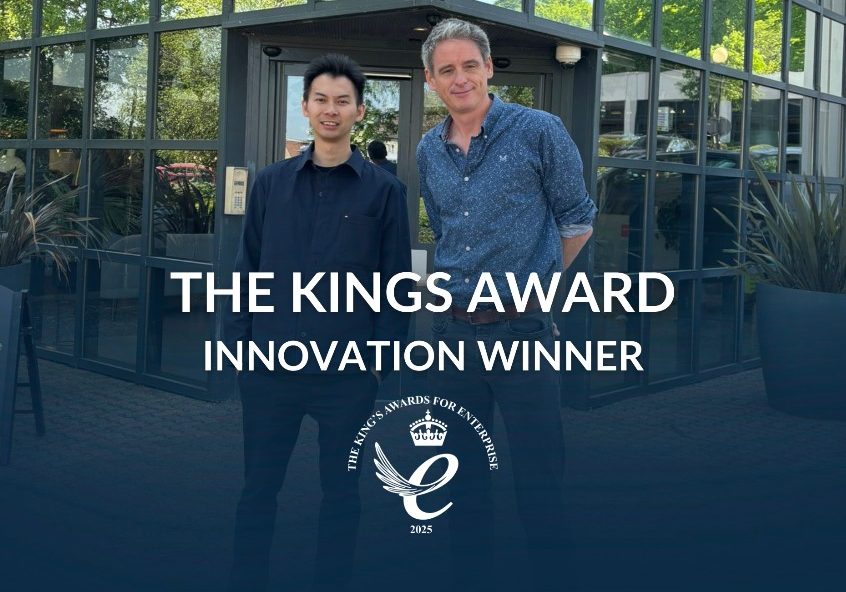CARB-X is funding UK-biotech GenomeKey to develop a rapid diagnostic for sepsis, a leading cause of death in hospitals
Posted by
SETsquared Bristol
 The new diagnostic would significantly reduce the time it takes to determine what bacteria are causing an infection and which antibiotics would be most effective in treating a patient suffering from sepsis. The diagnostic would deliver precise test results in four hours rather than the several days it can currently take. Faster diagnosis would enable appropriate treatment to be administered more quickly, a critical step for improving outcomes and saving lives in sepsis cases.
The new diagnostic would significantly reduce the time it takes to determine what bacteria are causing an infection and which antibiotics would be most effective in treating a patient suffering from sepsis. The diagnostic would deliver precise test results in four hours rather than the several days it can currently take. Faster diagnosis would enable appropriate treatment to be administered more quickly, a critical step for improving outcomes and saving lives in sepsis cases.
Sepsis is a leading cause of hospital deaths in many countries. Globally, an estimated 11 million people die each year from sepsis. Recent studies report that sepsis kills at least 46,000 people per year in the UK with potential direct costs to the UK National Health System at more than £1.8 billion per year. In the US, the toll is similar. An estimated 1.7 million American adults develop sepsis each year and nearly 270,000 die as a result, according to the US Centers for Disease Control and Prevention (CDC). This represents an estimated health care cost in the US of $62 billion annually.
“Prompt diagnosis and treatment provide the best chance for reducing death rates and improving recovery from sepsis,” said Erin Duffy, R&D Chief of CARB-X, a non-profit global partnership led by Boston University and dedicated to supporting the development of innovative therapeutics, preventatives and diagnostics to address antibiotic-resistant bacterial infections. “GenomeKey’s innovative technology aims to accelerate diagnosis and deliver vital antibacterial susceptibility information that could take the guesswork out of treatment decisions in the first critical hours of illness.”
Studies show that the risk of dying from sepsis increases by as much as eight per cent for every hour that treatment is delayed. Currently, it can take between 24 and 72 hours for laboratories to produce results.
 “The technology GenomeKey is building will enable clinicians to diagnose and treat sepsis faster, and reduce unnecessary antibiotic consumption. Sepsis can kill within hours, and yet the gold standard test for this disease currently takes days,“ said Dr. Michael Roberts, GenomeKey CEO.
“The technology GenomeKey is building will enable clinicians to diagnose and treat sepsis faster, and reduce unnecessary antibiotic consumption. Sepsis can kill within hours, and yet the gold standard test for this disease currently takes days,“ said Dr. Michael Roberts, GenomeKey CEO.
“At GenomeKey, we are changing this by combining advances in DNA sequencing with our unique genomic technology and machine learning to deliver a next-generation diagnostic that will provide clinical answers in only hours, and enable clinicians to confidently put their patients on targeted antibiotics sooner.”
“The community of entrepreneurs and investors that SETsquared Bristol bring together is very supportive and one of the reasons we chose Bristol for our HQ.”
Innovative technology
GenomeKey’s diagnostic project aims to accurately determine the presence of bacteria from a blood sample, identify the bacterial species and determine its antibacterial susceptibility, all within a matter of hours. The technology combines innovative methods to separate bacterial DNA from human DNA in whole blood, next generation DNA sequencing and innovative machine learning to interpret the antimicrobial susceptibility of the bacterial DNA.
Sepsis is a life-threatening condition that occurs when a patient’s immune system overreacts to an infection that has entered the bloodstream. In normal circumstances, immune defenses are capable of fighting off invading bacteria and viruses, but in sepsis, the invading pathogens overcome these defenses, leading to rapid deterioration of the patient’s condition, and potentially to organ failure and death. Administration of the appropriate treatment early on, for example an antibiotic known to be effective against the bacteria, is vital. Some people are at higher risk of contracting infection and developing sepsis. These include the very young, the very old, those with chronic illnesses, and those with a weakened or impaired immune system.
Supporting global innovation to address antibiotic resistance
The CARB-X portfolio is the world’s largest and most diverse antibacterial R&D portfolio with 56 active projects focused exclusively on drug-resistant bacteria, including 10 rapid diagnostics. CARB-X is investing up to $480 million in non-dilutive funding between 2016-2022 to support the early development of new antibiotics, vaccines, rapid diagnostics and other life-saving products. The goal is to support projects through the early phases of development so that they will attract additional private or public support for further clinical development and regulatory approval for use in patients.
Since its launch in 2016, CARB-X has announced 86 awards worth more than $325 million, with the potential of additional funds if project milestones are met, subject to available funding. These funds are in addition to investments made by the companies themselves.
Antibiotic resistance represents one of the world’s great public health threats. Each year, an estimated 700,000 people die each year from antibiotic-resistant infections, including 35,000 in the US and 33,000 in Europe. CARB-X funds only projects that target drug-resistant bacteria highlighted on the CDC Antibiotic Resistant Threats list, or the Priority Bacterial Pathogens list published by the WHO, with a priority on those pathogens deemed Serious or Urgent on the CDC list or Critical or High on the WHO list.
CARB-X funding for this research is supported by the Cooperative Agreement Number IDSEP160030 from ASPR/BARDA and by awards from the Wellcome Trust and Germany’s Federal Ministry of Education and Research (BMBF). The contents of this news release are solely the responsibility of the authors and do not necessarily represent the official views of the HHS Office of the Assistant Secretary for Preparedness and Response, or other CARB-X funders.
Discover more of the companies SETsquared incubate here and sign up to the monthly SETsquared newsletter to keep up with news, events, opportunities and more.
Recent News, Blogs and Stories



